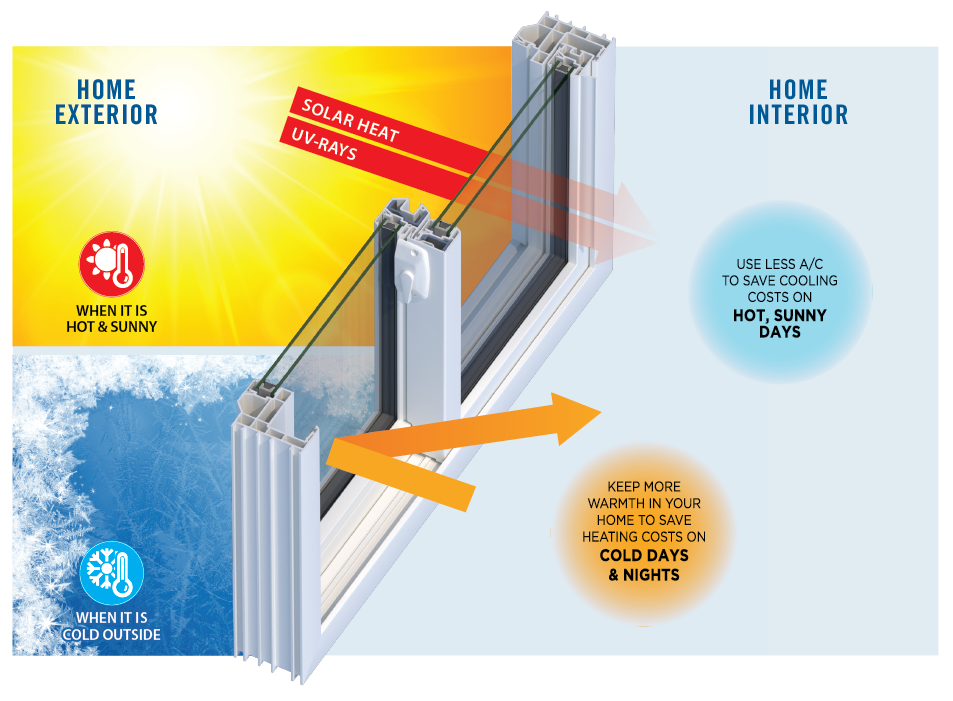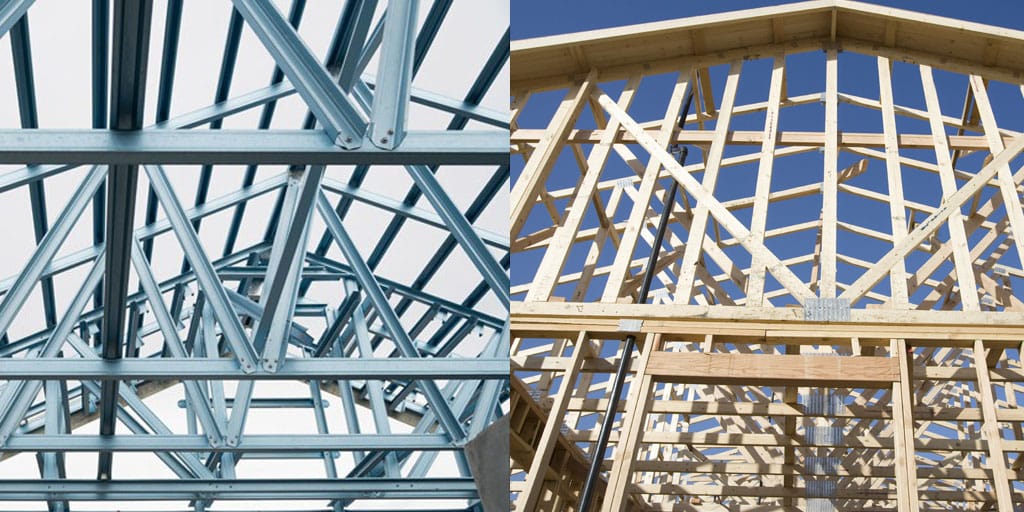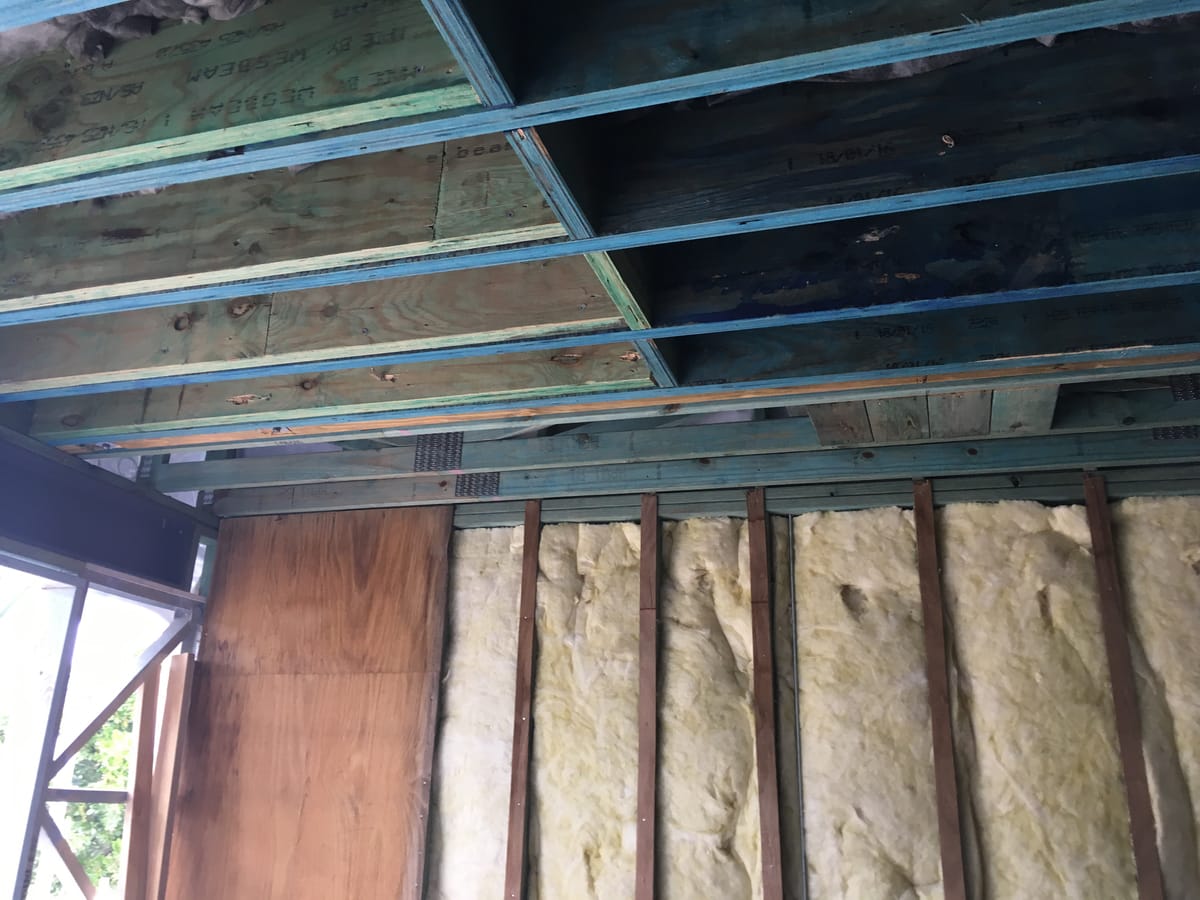As a new homeowner you're probably wondering what type of windows to install in your new build. Double glazed windows are a popular choice for homeowners due to their numerous benefits.
In this article, we'll analyse what double glazed windows are, why they are beneficial, and why you should consider using them in your next new build.
Introduction
When building your new home, it’s worth giving some thought to the type of windows you choose. Double-glazed windows are a popular option thanks to their energy efficiency, sound insulation, and added security.
In this article, we'll explore what double glazed windows are, how they work, their benefits, types, factors to consider before installation, and how to choose the right one for your home.
What are Double Glazed Windows?
Double-glazed windows are made up of two panes of glass with a gap in between, often filled with an insulating gas like argon, krypton, or xenon. The panes are sealed together as one unit, and the gap acts as a barrier that reduces heat transfer between the inside and outside of the home.
How Do Double Glazed Windows Work?
Double glazed windows work by trapping a layer of air or gas between two panes of glass. This layer of gas acts as an insulator, reducing heat loss or gain through the window. This means that during summer, the cool air inside your home is less likely to escape outside, while during winter, the warm air inside your home is less likely to escape outside.
Benefits of Double Glazed Windows
Energy Efficiency
One of the main benefits of double glazed windows is their energy efficiency. They help to reduce the amount of energy required to heat or cool your home. This means that you can save money on your energy bills and reduce your carbon footprint.
Sound Insulation
Double glazed windows also provide better sound insulation than single glazed windows. The gap between the two panes of glass helps to reduce external noise, making your home quieter and more peaceful.
Improved Security
Double glazed windows are also more secure than single glazed windows. The two panes of glass make it more difficult for burglars to break into your home.
Reduced Condensation
Condensation can be a problem with single glazed windows, especially in cold climates. Double glazed windows help to reduce condensation, making your home more comfortable and reducing the risk of mould growth.
Increased Property Value
Installing double glazed windows can increase the value of your property. They are a popular feature that many homebuyers look for when buying a new home.
Types of Double Glazed Windows
There are three main types of double glazed windows: uPVC frames, timber frames, and aluminium frames.
uPVC Frames
uPVC frames are the most common type of double glazed window in Europe and the United States.
Timber Frames
Timber frames are a popular choice for those who want a more natural look. They are energy efficient and offer good insulation, but require regular maintenance to keep them in good condition.
Aluminium Frames
Aluminium frames are strong, durable, and require minimal maintenance. They are a good choice for those who want a modern and sleek look. However, they are less energy efficient than uPVC and timber frames.
Factors to Consider Before Installing Double Glazed Windows
Before installing double glazed windows, there are several factors you need to consider.
Cost
The cost of double glazed windows can vary depending on the type of frames and glass used. However, the long-term savings on energy bills can offset the initial cost.
Building Codes and Regulations
Make sure that your windows comply with local building codes and regulations. This can vary depending on where you live.
Climate
Consider the climate in your area. Double glazed windows are more effective in areas with extreme temperatures.
How to Choose the Right Double Glazed Windows
When choosing double glazed windows, there are several factors to consider. These include the type of frames, glass, and energy efficiency rating. It's important to choose windows that are appropriate for your climate (wind rating and bushfire rating) and comply with local building codes and regulations.
Maintenance and Care of Double Glazed Windows
To keep your double-glazed windows lasting longer, regular care and maintenance are important. That means cleaning them often, checking for any damage, and making sure the seals remain intact.
Conclusion
In conclusion, double glazed windows are worth considering for your new home. They offer numerous benefits, including energy efficiency, sound insulation, improved security, reduced condensation, and increased property value. When choosing double glazed windows, consider factors such as cost, building codes and regulations, and climate. With regular maintenance and care, your double glazed windows will last for many years to come.


















Member discussion